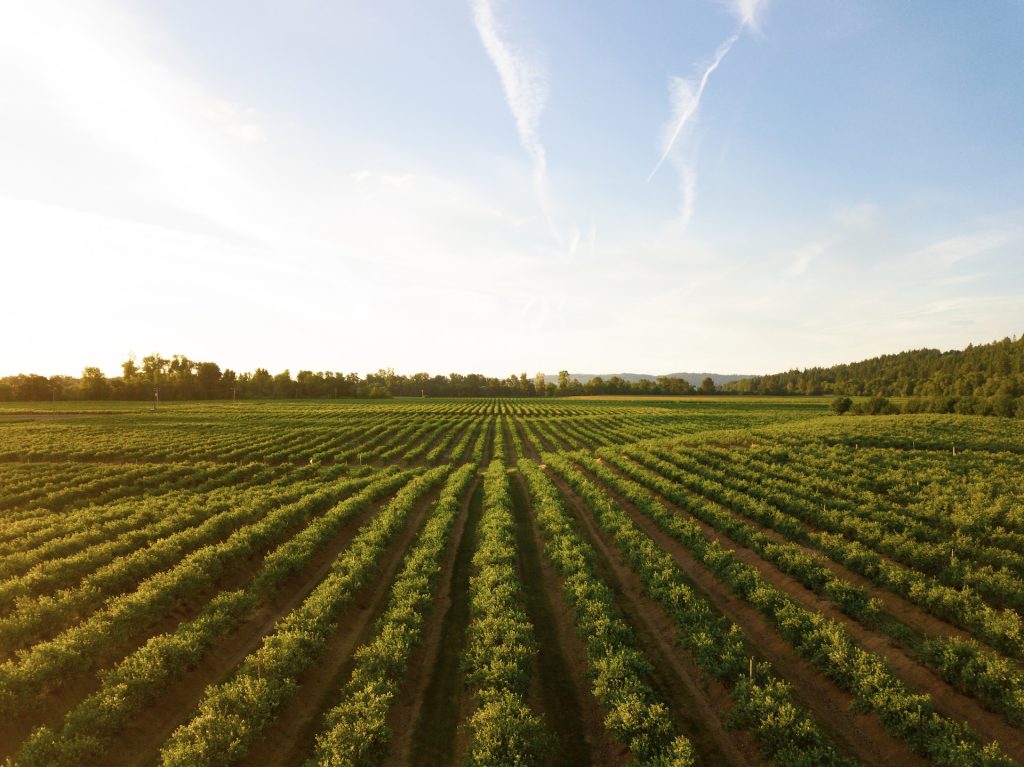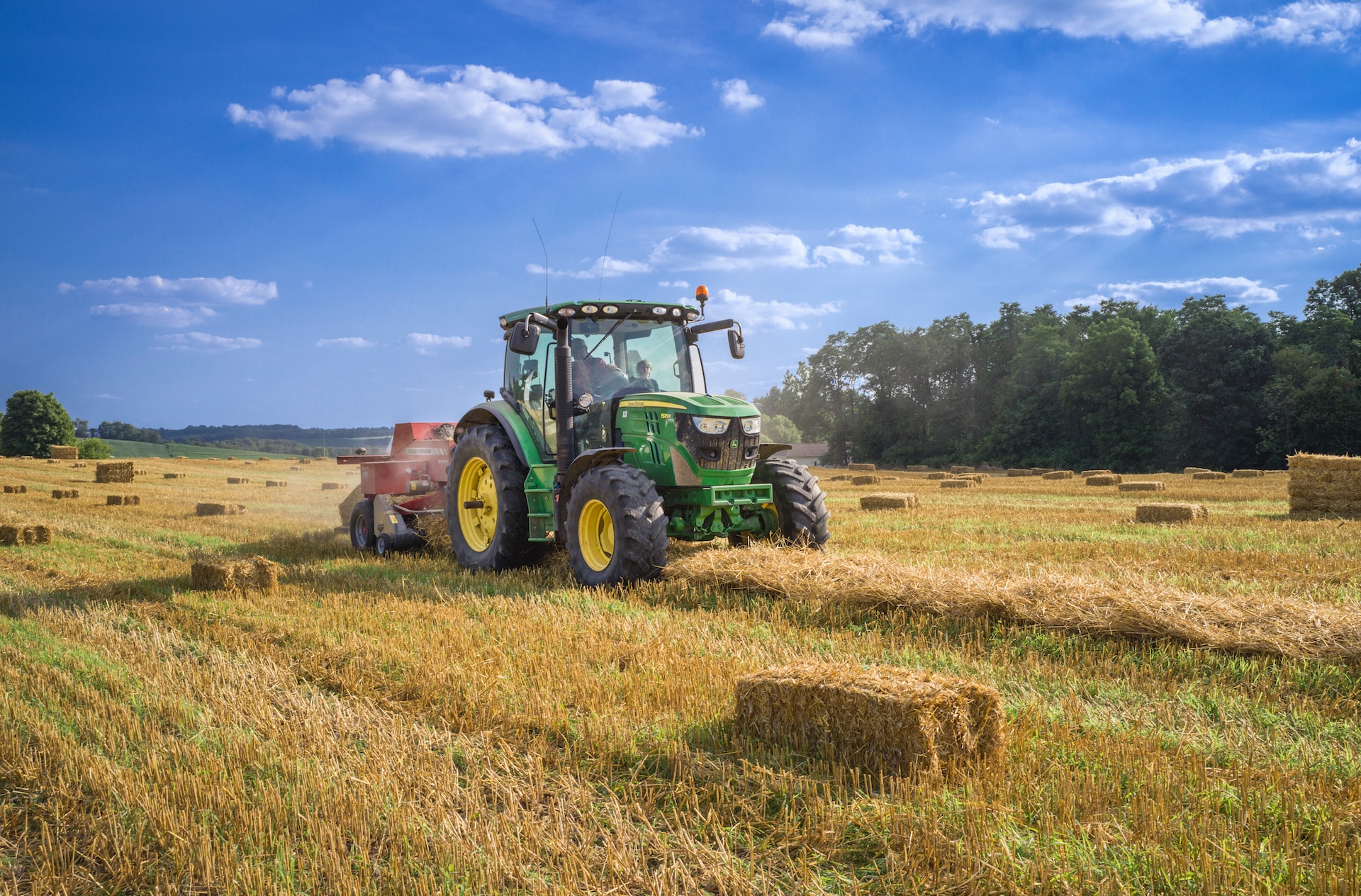
Wilderness at Risk: Climate Change Opens New Frontiers for Agriculture, Threatens Biodiversity
As the global temperature rises, our planet’s remaining wilderness faces a new threat: agricultural expansion. A groundbreaking study from the University of Exeter warns that climate change is making previously uninhabitable lands, especially in northern territories like Canada, Scandinavia, and Russia, more suitable for crop cultivation. The implications? A substantial loss of biodiversity, diminished ecosystems, and the transformation of pristine landscapes.
New Lands, New Challenges
The research, which assessed the “future climate suitability” of over 1,700 crop varieties, projects that a staggering 2.7 million square kilometres of untouched wilderness could become arable over the next four decades. To put this in perspective, that’s a whopping 7% of the world’s total wilderness, excluding Antarctica.
However, it’s not just the potential expansion that’s concerning. Existing farmlands, which currently sustain a significant portion of the global population, are expected to witness a decline in crop variety. The study indicates that 72% of the world’s currently cultivable land will see a reduction in the diversity of crops that can be grown, thereby increasing the pressure to intrude upon untouched terrains.
Professor Ilya Maclean from the Environment and Sustainability Institute at the University of Exeter’s Penryn Campus in Cornwall highlights the gravity of the situation. “Only a few areas of our planet remain relatively untouched by human influence,” he stated. “By warming our planet, we are not just making current farmlands less productive but also paving the way for new agricultural terrains, particularly in the far north.”
The Price of Expansion
Biodiversity loss due to agriculture isn’t a novel phenomenon. Agricultural endeavors have long been the primary culprits behind terrestrial biodiversity decline. However, the added element of climate change magnifies the threat, as food production may need to nearly double by 2050 to satiate the ever-growing global populace.
“These invaluable wilderness zones are treasure troves of biodiversity and cultural significance. Without adequate protective measures, we risk losing them forever,” Maclean warns.
Dr. Alexandra Gardner, another researcher from the Environment and Sustainability Institute, emphasizes the need for swift action. “To shield the last bastions of our planet’s wilderness, immediate reduction in greenhouse gas emissions is paramount,” she said. “Moreover, we must rethink our agricultural strategies.”
The Path Forward
The potential solutions proposed by the study are multifaceted. For one, increasing cropping efficiency could lead to higher yields on the lands we currently farm. Moreover, selecting crops that are best suited for specific conditions and landscapes could further optimize production.

One of the more challenging solutions proposed is the reduction of meat consumption. The meat industry is notoriously inefficient in terms of land and resource use and is a significant emitter of greenhouse gases. By transitioning to more plant-based diets, we can help alleviate some of the pressures on our planet.
Additionally, the study underscores the importance of minimizing food wastage, which remains a significant issue in both developed and developing nations.
The projections mentioned are based on high-emissions futures, such as the RCP8.5 climate scenario. If we adhere to a more moderate trajectory, like the RCP4.5 scenario, the risk decreases, but it doesn’t dissipate entirely.
Conclusion
In conclusion, as the challenges of climate change continue to evolve, the response requires a combination of innovation, conservation, and a reevaluation of our consumption habits. The intersection of agriculture and environmental preservation remains a delicate balance, and the future of our planet’s wilderness hangs in that balance. The findings from the University of Exeter serve as a stark reminder and a call to action for policymakers, conservationists, and the public at large.
©eco-guardians.org